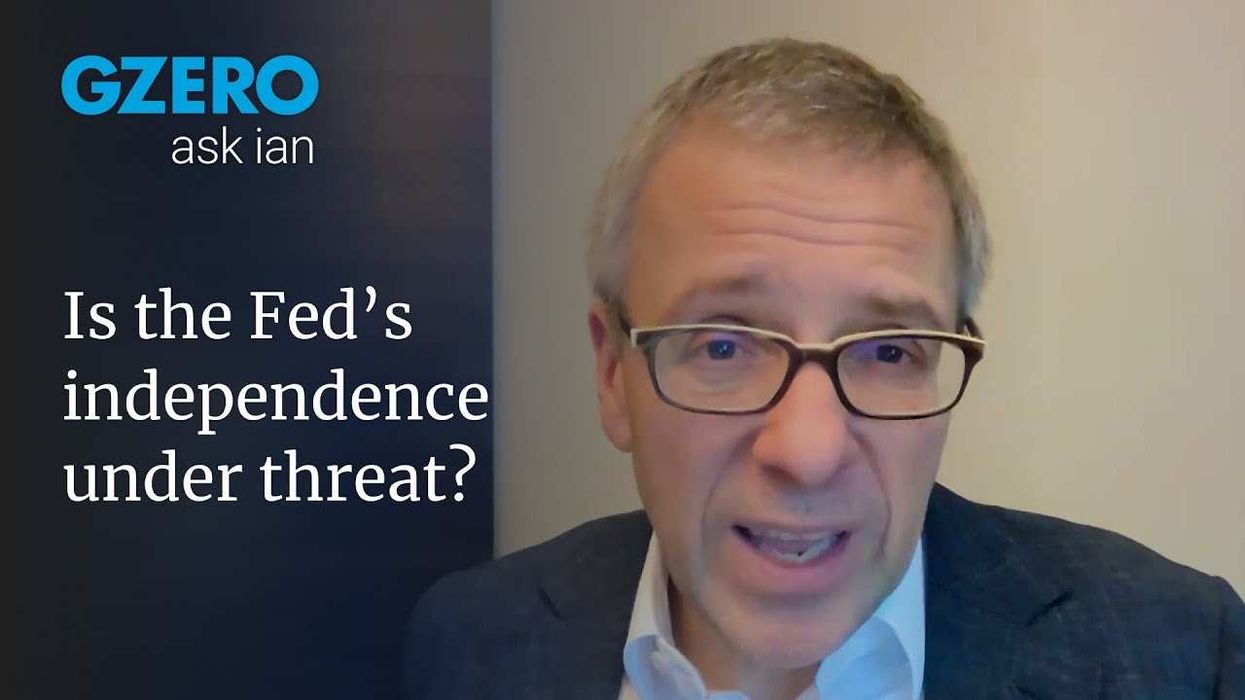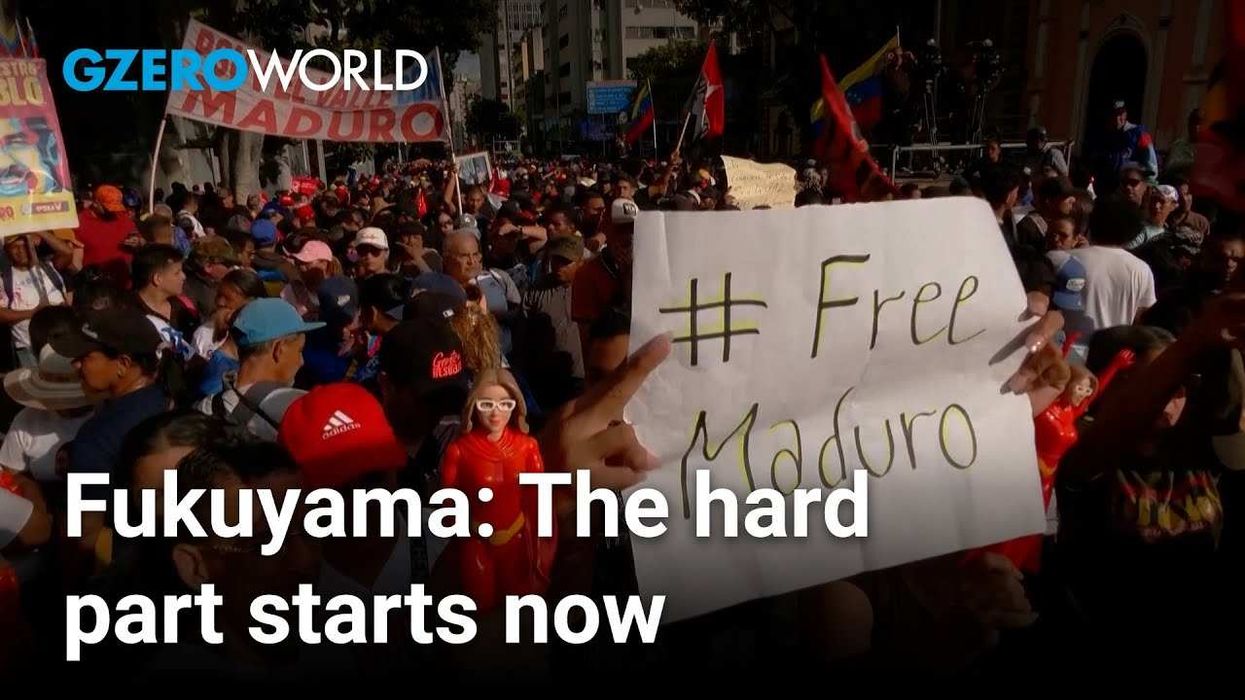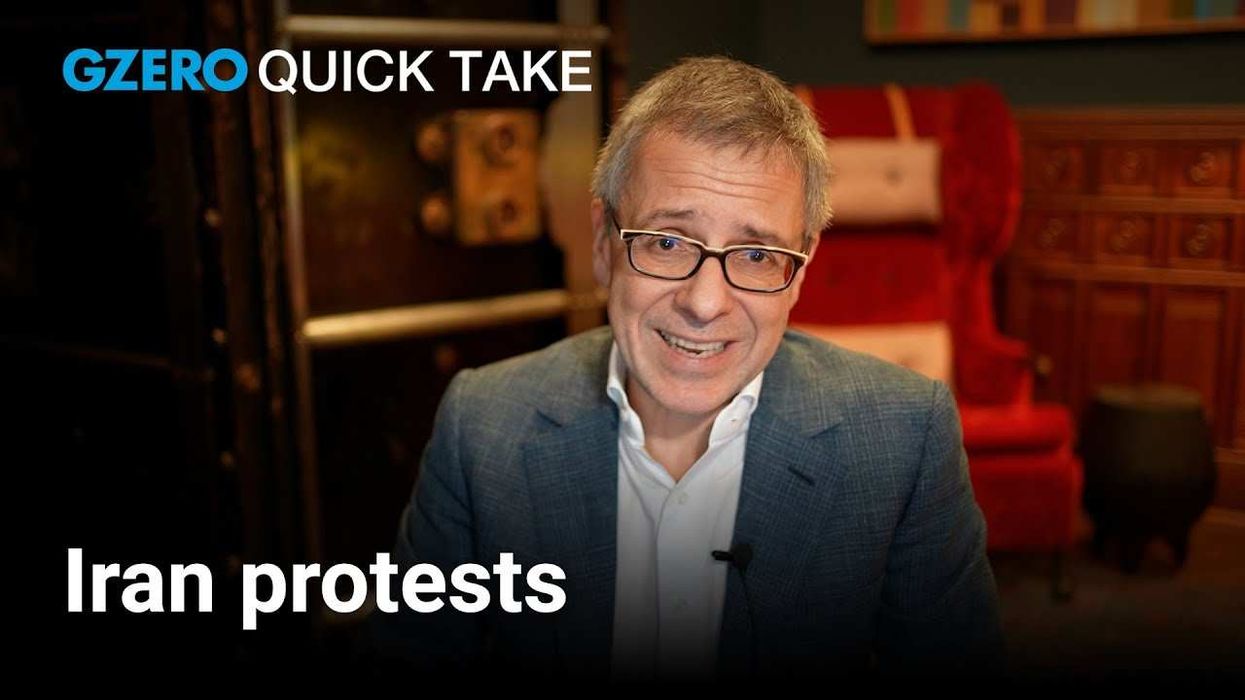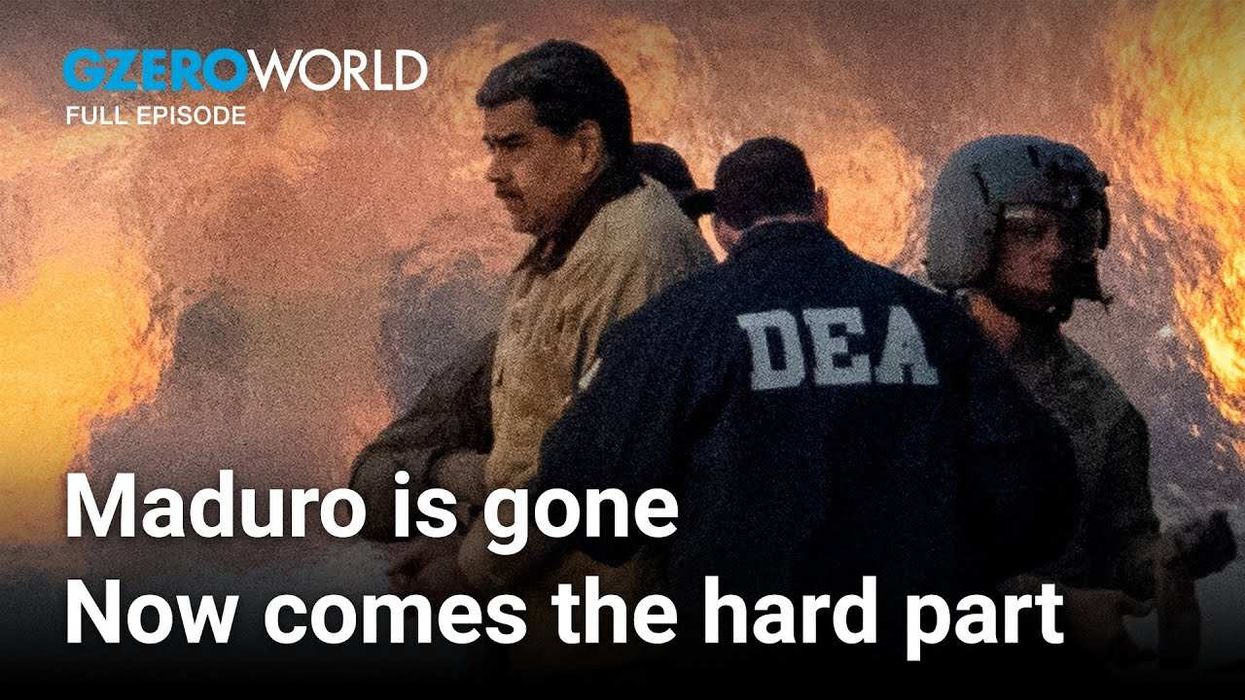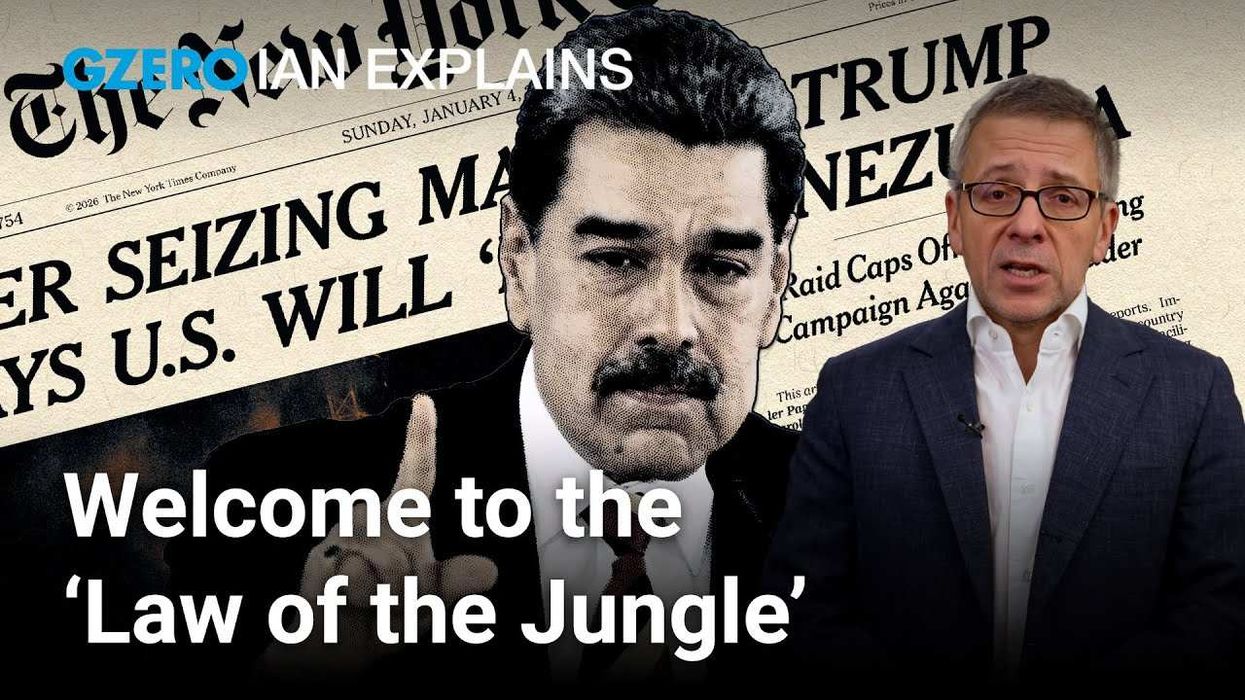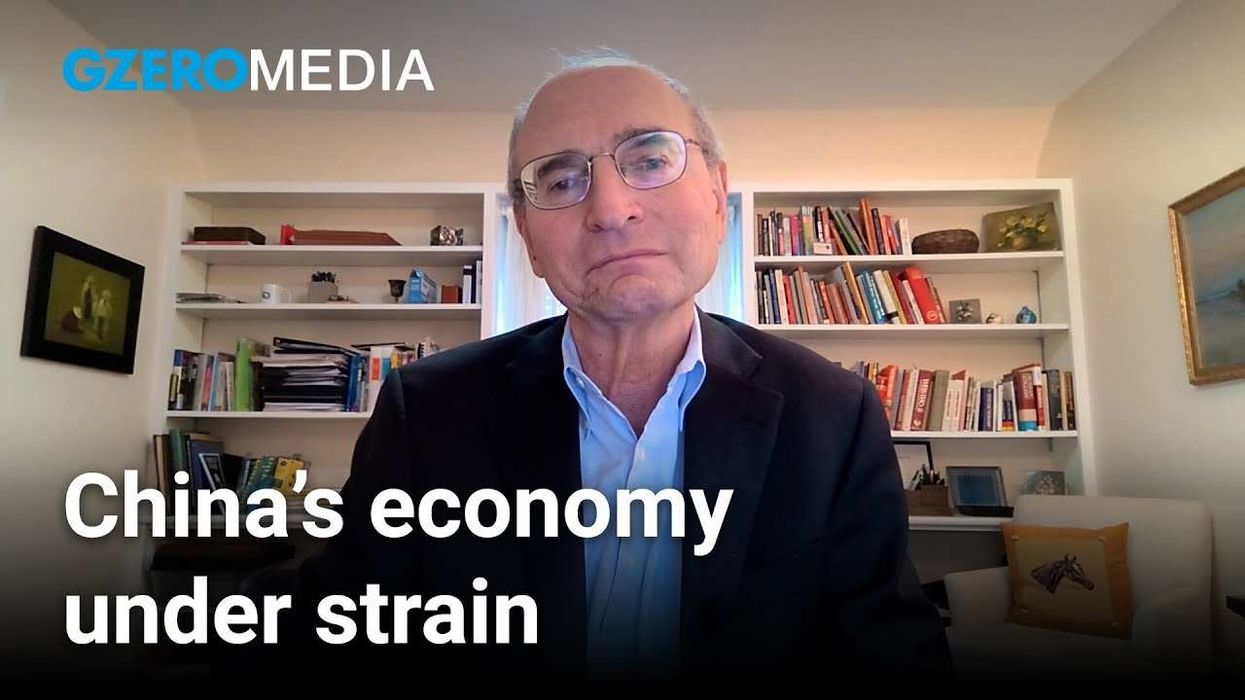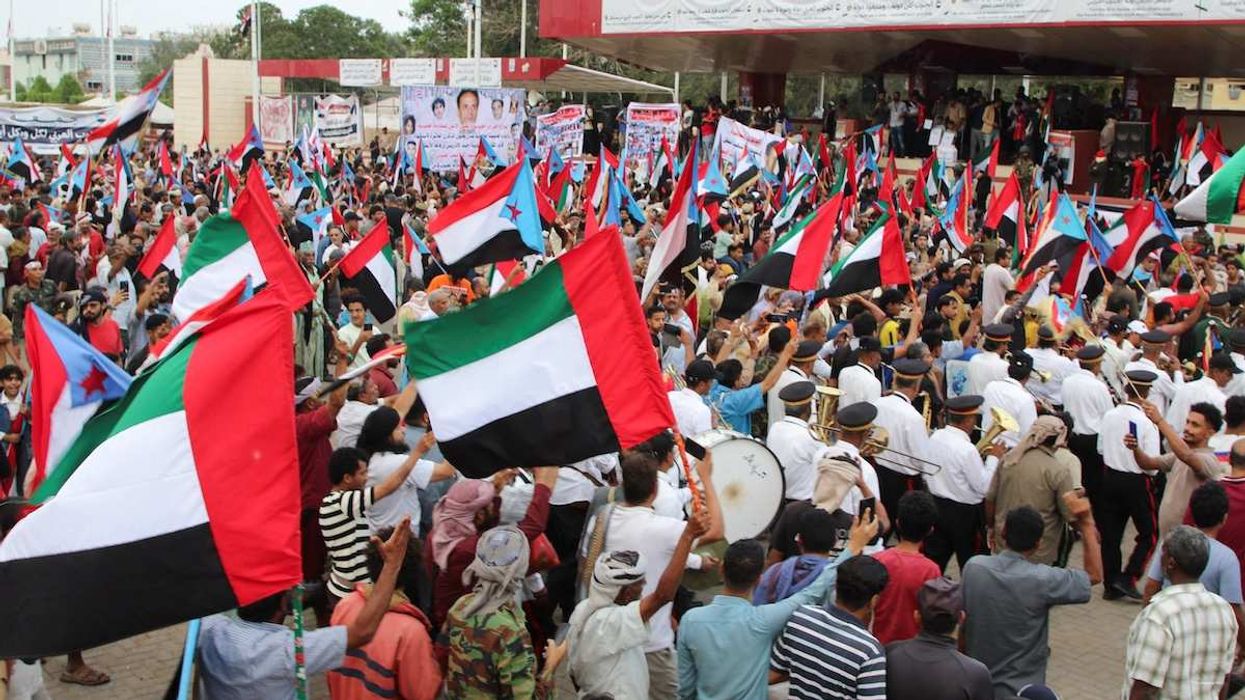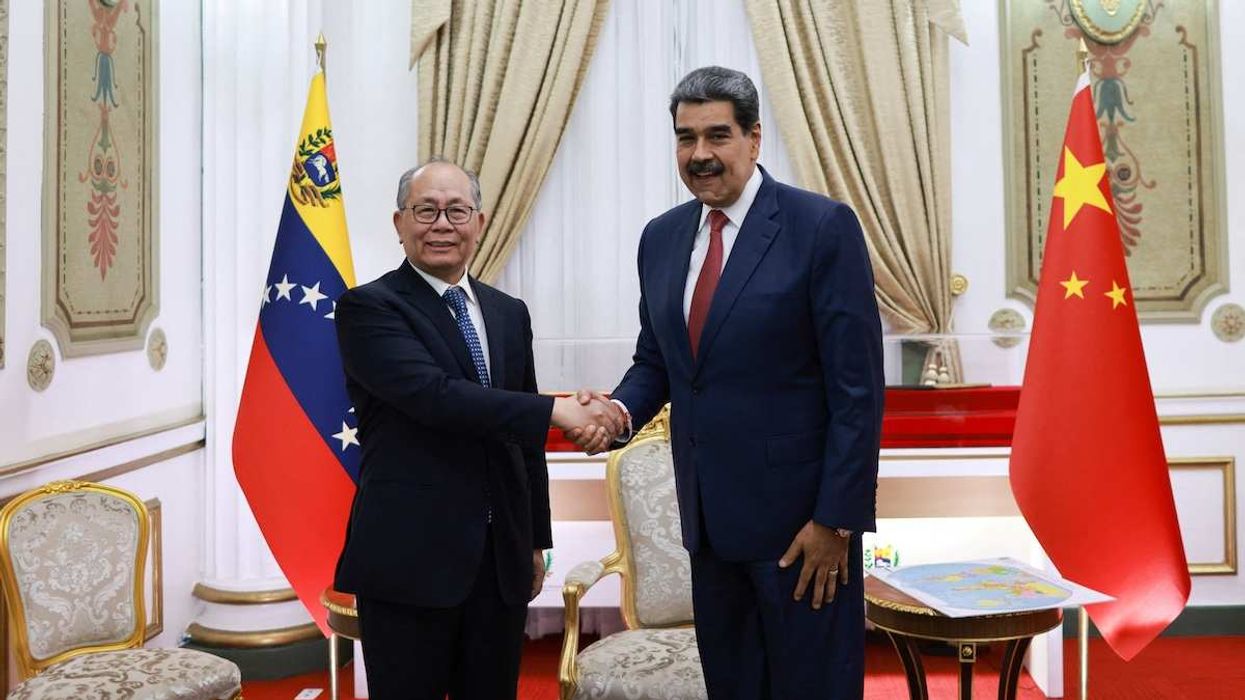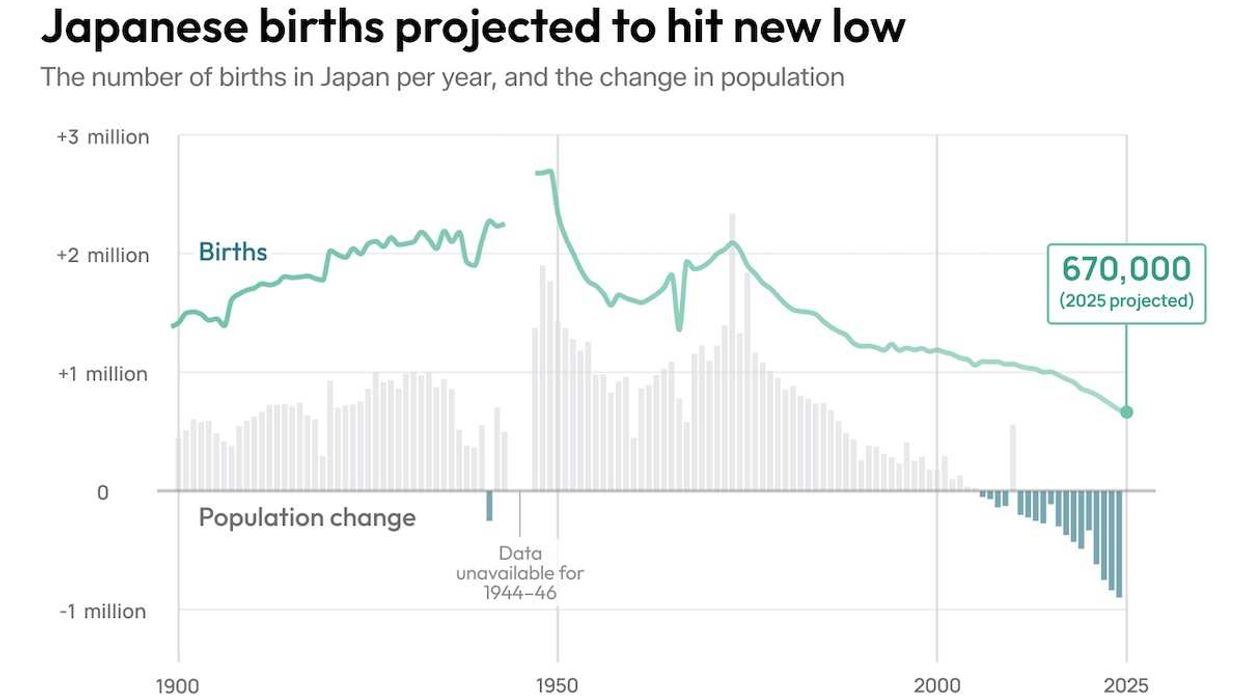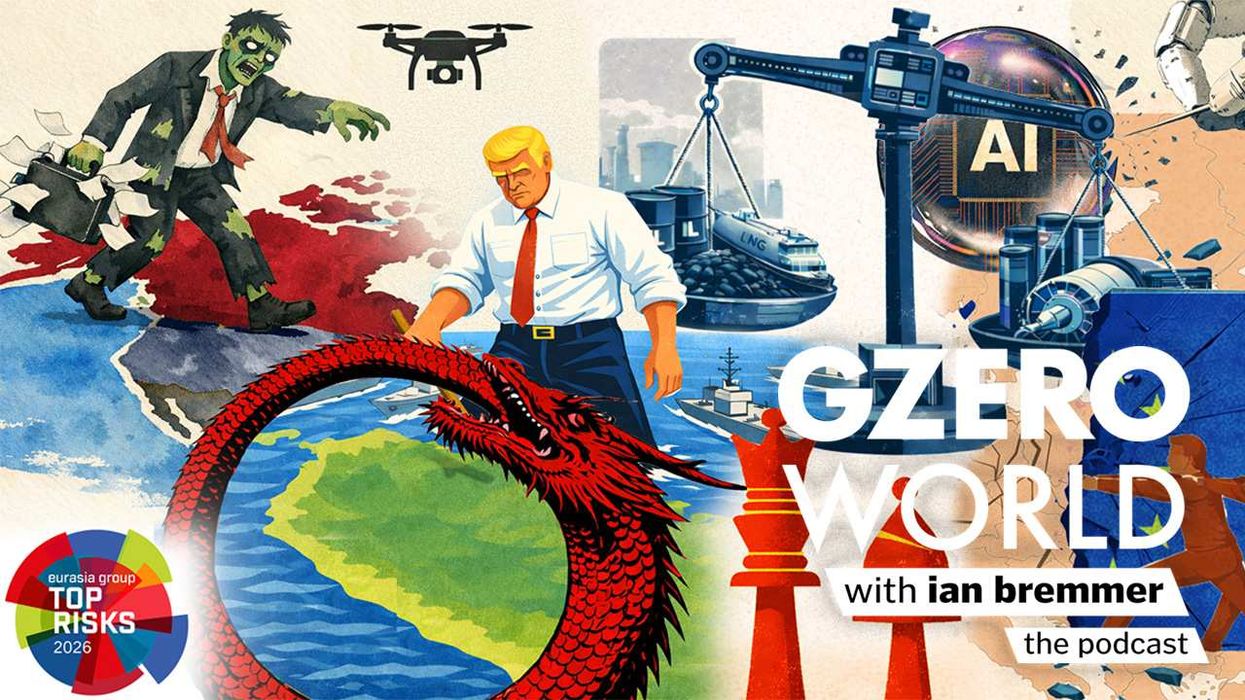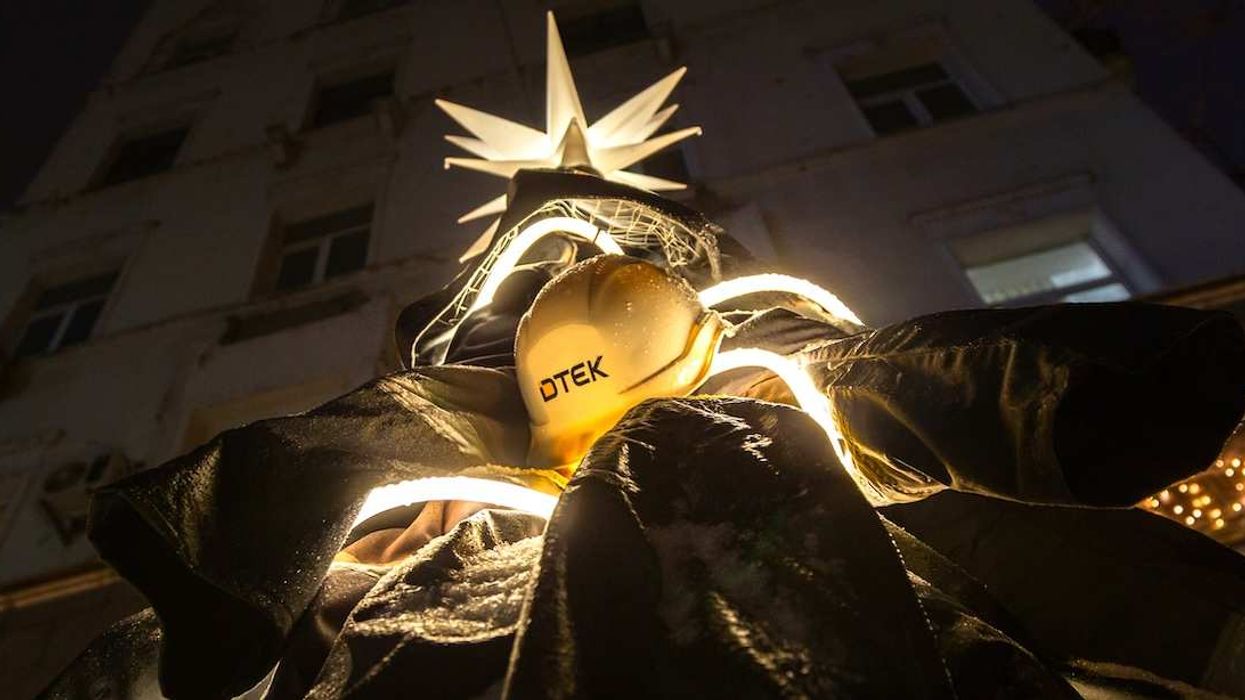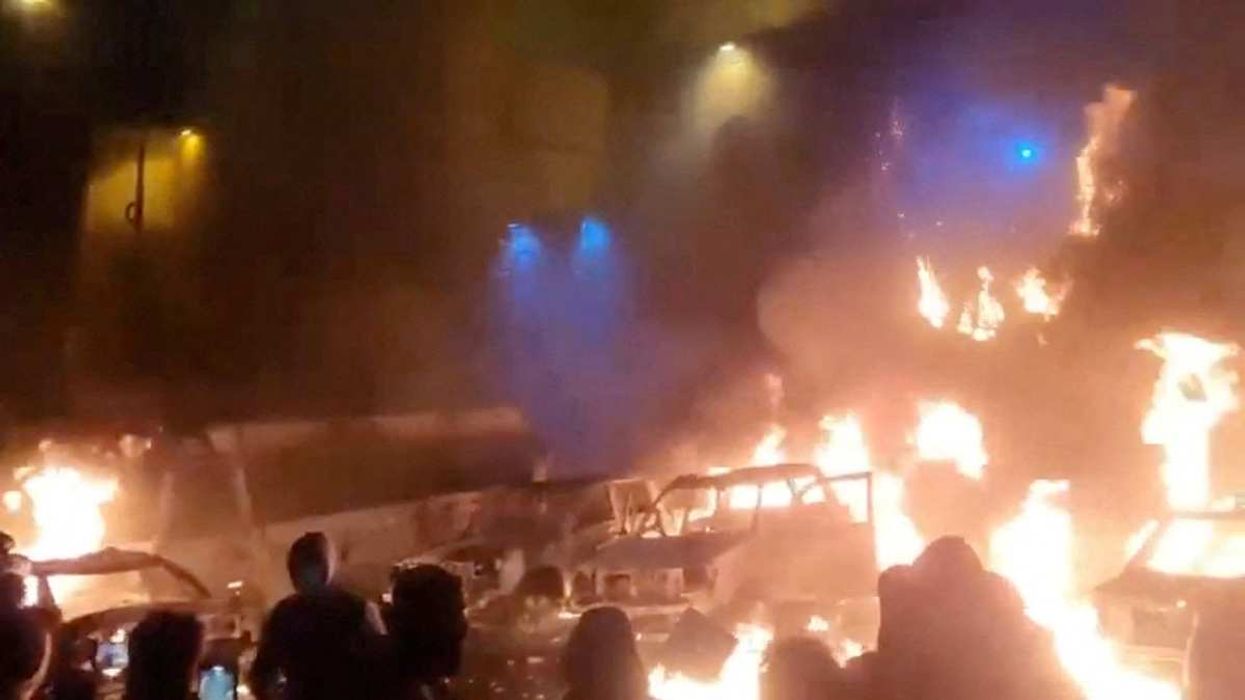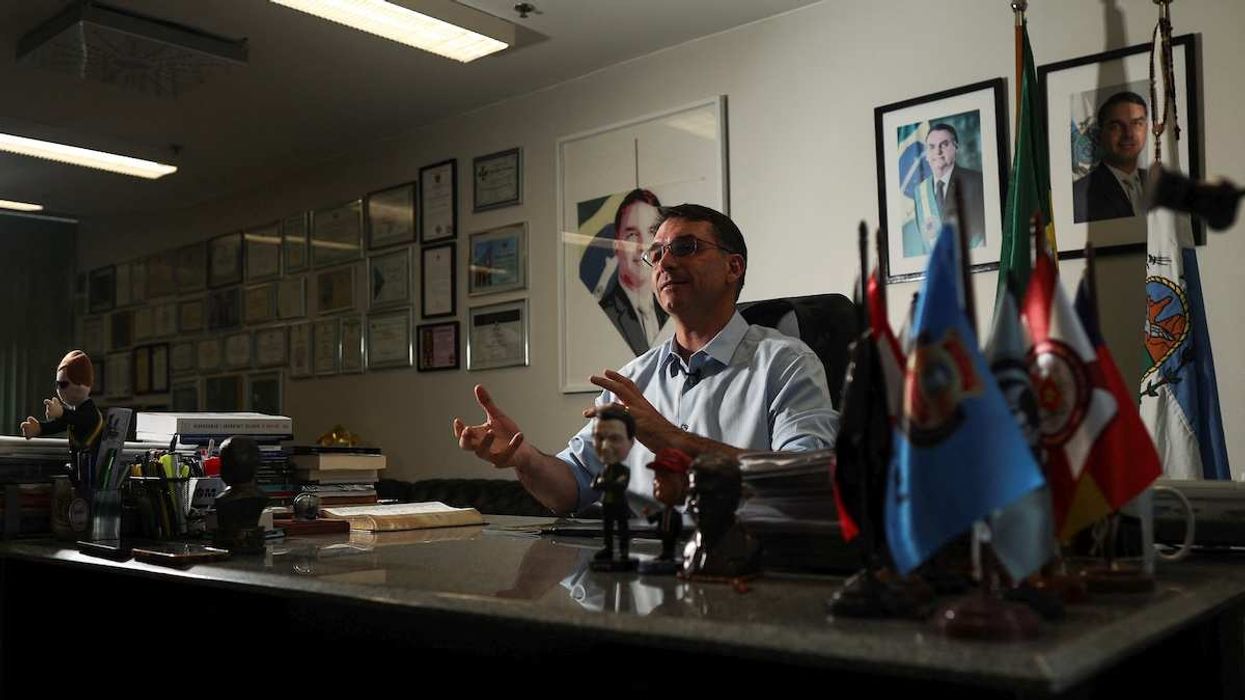When US President Donald Trump promised to lift sanctions on Syria this week, the streets of Damascus erupted in celebration.
“It was a huge, huge day for Syrians,” says Ibrahim al-Assil, a Senior Fellow at the Middle East Institute in Washington, D.C., who is from the Syrian capital.
“Many people, my relatives and friends in Damascus, they are saying the same thing: ‘this is the second biggest day in my life after the fall of the regime!’”
For a country battered by more than a decade of war and mass emigration, Trump’s announcement has flung open a window of opportunity that few thought possible as recently as December. That was when current president Ahmed al-Sharaa, a one-time Al-Qaeda member, led a coalition of militias that overthrew the Assad dictatorship.
The reconstruction needs are huge. A recent UN report says Syria’s 14-year civil war cost the country at least $800 billion in lost GDP – the country’s annual output plunged from $67.5 billion in 2011 to just $23.62 billion in 2022. Estimates of the cost to rebuild the country’s infrastructure run into the hundreds of billions of dollars.
Trump’s move now opens the way for powerful foreign players like Saudi Arabia, Qatar, and Turkey to help foot that bill, without fear of running afoul of US law.
Hold up, those sanctions didn’t vanish just yet. There are numerous restrictions on the books. The president can lift some, but others require Congress. US Sen. Lindsey Graham (R-SC) has already questioned the wisdom of scrapping sanctions before it’s clear al-Sharaa and his allies have fully shed their jihadist pedigree.
Still, Trump’s personal commitment to sanctions relief, and the strong interest of US allies Saudi Arabia and Turkey in seeing it happen, means the measures are likely to come off sooner rather than later.
“There were some very strong dissenting voices within the administration,” says Firas Maksad, head of Eurasia Group’s Middle East practice. “But this was one of those times where the president just went over and above those differences.”
But even if the sanctions are scrapped, al-Sharaa still faces huge challenges if he wants to make good on the promise of Trump’s move.
For starters, he must tamp down long-standing sectarian tensions. Pro-government gunmen have recently clashed with both the Alawites – the Assad family’s own sect – and the Druze minority, which is backed by Israel. Christian and secular Syrians remain wary of a government still run almost entirely by Islamists close to al-Sharaa. At the same time, efforts to forge a new security force out of the country’s dozens of local militias have slowed.
What’s more, al-Sharaa has yet to follow through on a promise to appoint a new legislative council. The composition of that body will tell us a lot about whether he is willing, or able, to carefully balance the country’s various factions, but it will also serve a more basic function, says al-Assil.
“When we talk about investments and reviving the Syrian economy, that requires new laws to govern those investments, and a space to resolve conflicts so that they aren’t resolved through violence.” To date, that space seems to exist only among a small number of power-brokers close to al-Sharaa.
Lastly, Damascus will have to manage competition among the various outside powers jostling for influence in the new Syria.
The most immediate concern is Syria’s old foe Israel, which since December has moved aggressively to wreck Damascus’s military capabilities and establish its own sphere of influence in Southern Syria. The two sides are now speaking via backchannels, though, giving al-Sharaa the change to reach an understanding with the Israelis that gives him more breathing room.
But even among Syria’s friends there will be friction. The two likely giants on the scene, Saudi Arabia and Turkey, have in the past clashed over Istanbul’s support for Islamist political groups. Riyadh and Doha have had similar run-ins. Competing visions for Syria among its biggest patrons could prove destabilizing.
Despite this thicket of challenges, al-Assil is cautiously optimistic.
“Syrians want this to work,” he says, “they want to navigate a way to reconcile their differences, and they recognize how important this opportunity is. And that gives me hope.”


